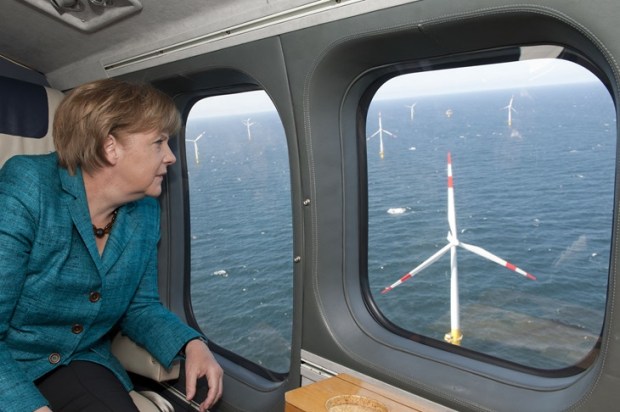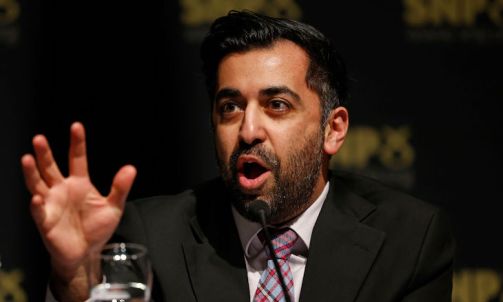I have attempted on a number of occasions to have a conversation with my family about Donald Trump’s presidency with the object of discovering if there is anything on which we can agree. Invariably I have come away from those attempts realising that agreement would require a significant increase in their knowledge of US politics.
I can summarise their views of the President with one word: boorish; another word they used was illiterate, although I know they meant inarticulate. There was a tendency, particularly among the women to compare Trump unfavourably with Obama and to remark on Obama’s ringing rhetorical flourishes about racism, inclusivity, women’s issues, LGBTIQ marginalism, white male sexism and climate denial.
About the only thing they remembered clearly about Trump was his locker-room vulgarity about women. They had nothing to say about Trump’s successful middle east policies, his policy to rein in an economically powerful China, his international trade policies to strengthen American manufacturing or his demand that Europe contribute more towards its own defence and if they acknowledged the improved levels of minority employment, they attributed them to Obama’s actions.
It is not unfair to say that, with the exception of one journalist, the same views dominate Australia’s media, even those with a reputation for being conservative. Journalists are progressive.
They disliked Trump’s personal attributes but had nothing to say about his domestic policies. On the other hand, they adored Obama, the African American who made it to the top against the white supremacists in the Republican Party. Yet they were unwilling or unable to comment sensibly on any of Obama’s policies, foreign or domestic unless, like abortion they involved contentious liberal questions.
And those introductory considerations raise interesting questions about the Trump election, an election in which almost every one of my relatives voted virtually.
It is a widely recognised fact of US elections, that US citizens voting in US elections cast their vote for the candidate whose policies, they believe, will obtain their domestic interests and improve their living standards. Foreign policy may be a minor consideration, but it is nowhere near as important as domestic policies.
It is no secret that Australian voters, including my family, overwhelmingly preferred Biden to Trump. But consider this: without any experience of American domestic policies, without any experience of what they might personally need and how those policies would affect them; without any knowledge of the political forces at large in the United States, and without any vested interest in the country which might be adversely affected, Australian citizens seem to have envisaged themselves as American voters with a right to vote.
The only reasonable way for the ordinary citizen to assess an election in a foreign country is to know how it will affect their country and their interests. With that in mind, one would think that thoughtful Australians would first assess US foreign policy. After all, the domestic interests of Australian citizens actually depend to a great extent on American trade and foreign policy.
Were Australians to prefer Biden based on his foreign policy, they must assume, as Biden does, that the Chinese government is a trustworthy and benign neighbour; even though the evidence against that view is overwhelming.
In fact, many Australians have expressed opinions regarding the US election that are found exclusively in left-wing US media reports, even if those reports were first channelled through Australia’s own media companies; even those that purport to be conservative.
Without exception, our media printed and broadcast Democrat propaganda in relation to Russian interference, the first and second impeachments proceedings and the false polling over the past six months showing Biden leading by at least 10 per cent. On the other hand, they either suppressed or dismissed reports that showed that Biden and his whole family were corrupt, that he was receiving payments via his son, Hunter from Ukraine and China to the tune of millions of dollars.
The corruption of American politics and the constitutionally protected American media giants is related to the purchase of political power over the past twenty years by Chinese money linked to the Chinese Communist Party. In the past twenty-four hours it has emerged that even the Republican leader of the Senate, Mitch McConnell is heavily invested a Chinese communist shipbuilding company.
This explains why he was so reluctant to help Trump’s attempt to counter Chinese corruption in the US but eager to recognise Biden as the next President. It confirms the old adage, “Follow the money.”
The Australian people like our American cousins have been badly misled by their media. Our ignorance is currently of no great significance because we have only minimal skin in the game. It will become significant, however, when Biden’s China-friendly policies elevate Chinese military strength in the Asia Pacific.
Dr David Long is a retired solicitor and economist.
Got something to add? Join the discussion and comment below.
Get 10 issues for just $10
Subscribe to The Spectator Australia today for the next 10 magazine issues, plus full online access, for just $10.


























Comments
Don't miss out
Join the conversation with other Spectator Australia readers. Subscribe to leave a comment.
SUBSCRIBEAlready a subscriber? Log in